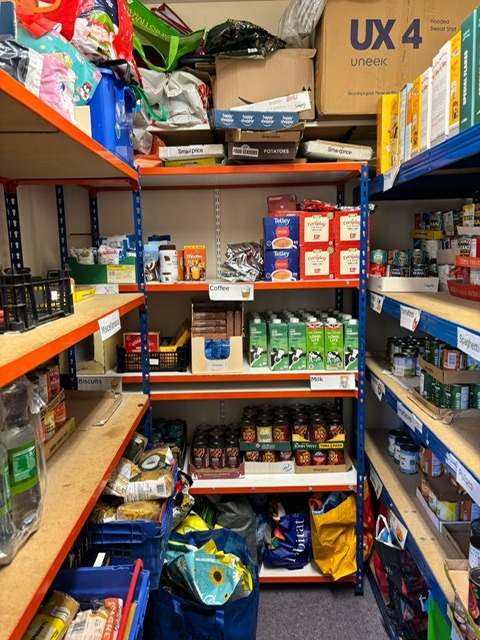The topic of funding is high on the agenda for many public sector organisations and over recent weeks we have been sharing information about the different types of funding available, the important things you need to think about when applying for funding and how early preparation for funding is key.
But now we want to explore what happens once you receive funding, particularly focusing on suppliers and why it’s important to get the right suppliers for your zero carbon projects.
It starts before its even begun
Before you begin your funding application you need to decide how much money you will be bidding for and in order to make that decision you will need to talk to suppliers to find out their prices. Once this has been determined that price will feature in your bid. So you need to start thinking about suppliers before you start your application and it’s important to have that information to submit your bid, this will strengthen your application to hopefully secure your funding.
What to consider when looking for the right suppliers
Procurement Route
When thinking about what suppliers to contact it’s important to understand the procurement process for public organisations. All public sector companies must procure suppliers that are compliant with The public contract Regulations 2015. For example, if you are successful in your funding application and you’ve already spoken to a compliant supplier from a compliant procurement route then you are good to go. However, sometimes organisations forget to check for compliance at quotation stage and discover afterwards that they need to go down a procurement route to work with them. This can potentially cause project delays and can take you back to sourcing news suppliers again which in turn could change the price of the project.
Capacity
In your discussions one of the key questions to ask suppliers is around capacity. Do they have the capacity to do the work if you get the funding? Quite often customers have found that once they’ve had their funding approved, they’ve gone back to the suppliers and the capacity is no longer there as they are now booked up with other projects. Capacity can often be hard to judge because timescales can change and there are so many components to consider in these types of projects, but if you can gauge an idea from the suppliers you want to work with you will be able to plan accordingly and avoid having to start the search again. One of the benefits of using our frameworks is that we have multiple, experienced and compliant suppliers for you to choose from.
Price
This is extremely important to get right for many reasons, you need to ensure you have a clear idea of how much you want to bid for when making your funding application. In those initial conversations you are going to be reliant on the supplier to give you a cost for your project and if they get that estimate wrong or they miss anything out of their quote you could potentially be bidding for the wrong amount of money. Therefore, you must provide a clear and detailed specification for your project and speak to suppliers who not only have the capacity but also understand the funding source requirements in order to get the correct price from the offset.
Experience & Capability
You need suppliers who have the experience, technical knowledge and capability to deliver on your net zero projects – whether this is skills, consultancy or understanding of the Public Sector Decarbonisation Scheme. It’s important to know they are compliant and have a proven track record for their work, equipment or installations.
Supply Chain
Another consideration when choosing the right suppliers for your zero carbon projects is supply chain. Do the suppliers you’re talking to have any issues with supply chain currently? Where do they source their products? Its hard to predict what could happen in the future regarding the supply chain but knowing to ask these questions upfront will at least give you an idea in advance of any potential problems.
Plus, it’s not just around the supplier procuring the equipment or technologies, it is also around the supply chain and price. For example, you might originally have these conversations with suppliers 6 months in advance of your funding award and then when you come to start your project supply has been affected and/or the price has increased meaning your bid price will have changed already.
If your organisation finds themselves in this situation we can help because we understand supply chains, we know the right questions to ask suppliers and we can help you find new suppliers in line with your requirements through our Frameworks.
Our compliant procurement frameworks have over 50 compliant suppliers available to choose from and we are constantly bringing new suppliers on board meaning there are more options available to you and your specific needs along with much needed flexibility.
Social Value
We are seeing more and more interest being raised into social value and what organisations are doing when it comes to social value. The same is being said for suppliers so if this topic is of importance to your organisation, then this could be something you discuss more with a supplier in terms of how they are contributing to the society around them and giving value back. Social value is a key scoring element in all frameworks we procure.
We hope the above has provided insight into why it’s important to get the right suppliers for your zero carbon projects and highlights some key things to think about when choosing your supplier/s.




